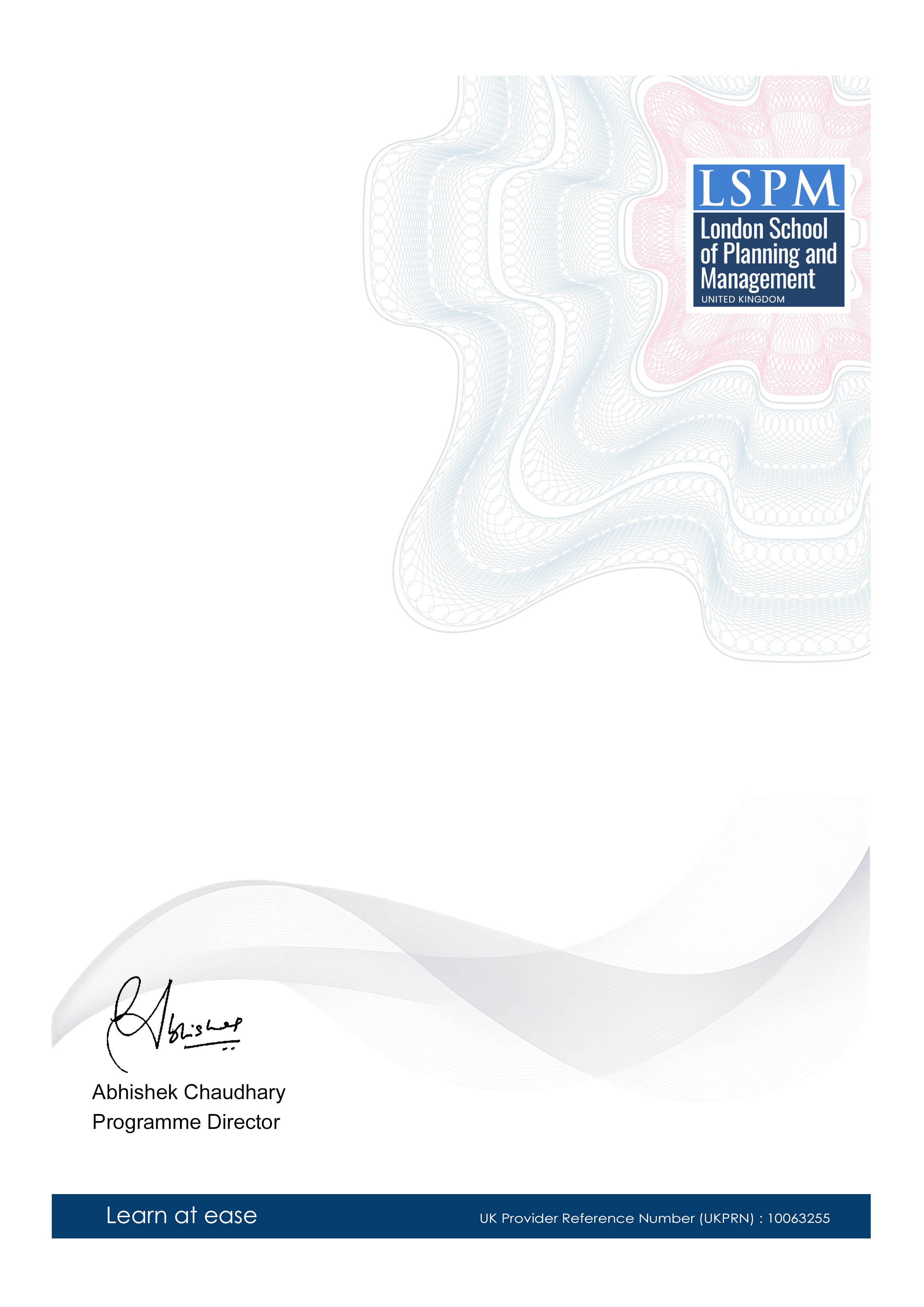Certificate Programme in Cognitive Processing Therapy for Gambling Addiction
-- viewing nowThe Certificate Programme in Cognitive Processing Therapy for Gambling Addiction is a comprehensive course designed to equip learners with essential skills to address gambling addiction. This programme emphasizes the importance of cognitive processing therapy, a scientifically-backed approach to treating mental health disorders, including gambling addiction.
7,945+
Students enrolled
GBP £ 149
GBP £ 215
Save 44% with our special offer
About this course
100% online
Learn from anywhere
Shareable certificate
Add to your LinkedIn profile
2 months to complete
at 2-3 hours a week
Start anytime
No waiting period
Course details
• Introduction to Cognitive Processing Therapy: Understanding the basics of Cognitive Processing Therapy (CPT) and its application in treating gambling addiction. • Understanding Gambling Addiction: Exploring the nature, causes, and effects of gambling addiction. • Assessment and Diagnosis of Gambling Addiction: Learning how to assess and diagnose gambling addiction using evidence-based tools and techniques. • CPT Techniques for Treating Gambling Addiction: Mastering the core CPT techniques, such as identifying and challenging maladaptive thoughts, beliefs, and attitudes related to gambling. • Cognitive Restructuring: Developing skills in helping clients restructure their negative thoughts and beliefs about gambling. • Exposure Techniques: Understanding the role of exposure in treating gambling addiction and learning how to apply it effectively. • Motivational Interviewing: Incorporating motivational interviewing techniques to enhance clients' motivation and readiness to change. • Relapse Prevention Strategies: Teaching clients how to prevent relapse by developing effective coping skills and strategies. • Case Management and Treatment Planning: Learning how to develop individualized treatment plans and manage cases effectively. • Ethical and Legal Considerations: Understanding the ethical and legal considerations involved in treating gambling addiction using CPT.
Career path
Entry requirements
- Basic understanding of the subject matter
- Proficiency in English language
- Computer and internet access
- Basic computer skills
- Dedication to complete the course
No prior formal qualifications required. Course designed for accessibility.
Course status
This course provides practical knowledge and skills for professional development. It is:
- Not accredited by a recognized body
- Not regulated by an authorized institution
- Complementary to formal qualifications
You'll receive a certificate of completion upon successfully finishing the course.
Why people choose us for their career
Loading reviews...
Frequently Asked Questions
Skills you'll gain
Course fee
- 3-4 hours per week
- Early certificate delivery
- Open enrollment - start anytime
- 2-3 hours per week
- Regular certificate delivery
- Open enrollment - start anytime
- Full course access
- Digital certificate
- Course materials
Get course information
Earn a career certificate

